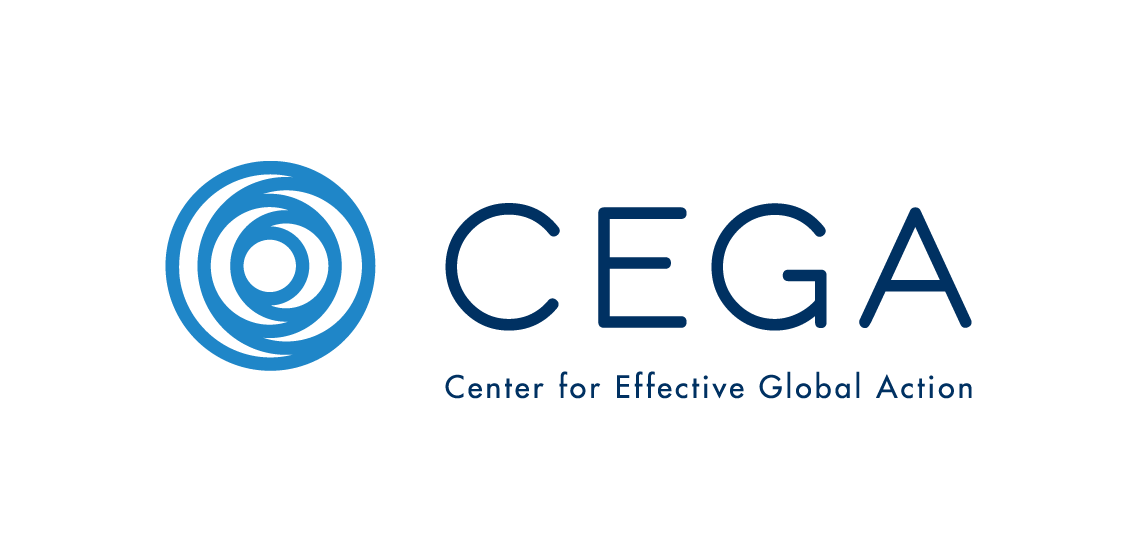Impact Results
Educate! leverages iterative learning and continuous evaluation to build scalable solutions aimed at unlocking the potential of the world’s youngest continent.
We define success as measurable impact, ensuring our approach leads directly to improved life outcomes and economic livelihoods for young people.
Key Outcomes
Employment
Income
Our Results
Business Ownership
Gender Equity and Social Outcomes
We evaluate impact through rigorous external evaluations to measure medium- and long-term outcomes for young people, coupled with rapid evaluation methodologies to establish more immediate estimates of impact and ensure we're hitting our impact benchmarks
Our solutions have been rigorously evaluated, demonstrating meaningful impact on young people’s economic livelihoods and life outcomes, especially for young women and girls.
Multiple pre-post evaluations of Educate!’s livelihood bootcamps, delivered to youth unable to access secondary school, demonstrated*:
50 - 208%+ increase in relative income
25% absolute increase in business ownership
Two external evaluations, including a randomized controlled trial (RCT), conducted on Educate!’s work integrating employment-focused learning into secondary schools, demonstrated:
2x the income of their peers
44% increase in business ownership
50% increase in employment
Girls earned 244% more than their peers who did not participate, were 91% more likely to own a business, and increased employment by 113%.
*Results detail impact 3-6 months to 2 years following participation
An additional 4-year follow-on evaluation conducted in partnership with researchers from the University of California-Berkeley, the World Bank, and Innovations for Poverty Action, showed Educate! graduates translated skills into improved life outcomes, finding that youth:
Demonstrated stronger transferable skills, such as grit, creativity, and self-efficacy
Achieved higher secondary school graduation rates, increased university enrollment and completion rates, and were more likely to pursue higher-earning majors
Experienced improved gender equity outcomes, including strengthened decision making in family formation and reduced early pregnancy, fewer reported incidents of domestic violence, and more egalitarian gender attitudes overall
These large and durable shifts in skills, coupled with significant improvements in education and gender-related outcomes, show that participating in Educate! can set young people up for improved economic livelihoods and broader well-being throughout their lives.
We are building a foundation of evidence, learnings, and insights to inform scalable, evidence-based youth employment solutions that meaningfully improve young people’s lives.










